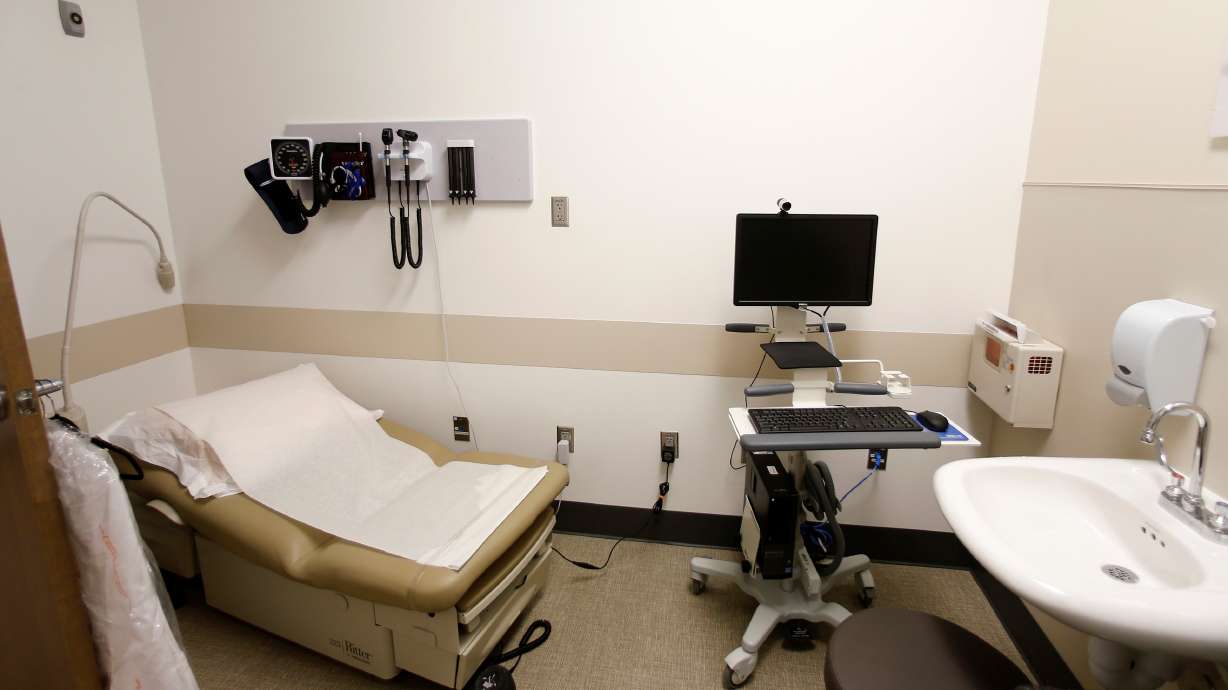Estimated read time: 2-3 minutes
This archived news story is available only for your personal, non-commercial use. Information in the story may be outdated or superseded by additional information. Reading or replaying the story in its archived form does not constitute a republication of the story.
WASHINGTON — Overweight or obese adults should be screened for prediabetes and Type 2 diabetes mellitus starting at age 35, a U.S. government-backed panel of experts in disease prevention recommended on Tuesday, lowering the age by five years.
The U.S. Preventive Services Task Force's new guidance follows a worsening in the nation's diabetes crisis during the COVID-19 pandemic, with the United States experiencing a 29% jump in diabetes deaths last year among people ages 25 to 44.
The recommendation, published in the medical journal, JAMA, was based on data suggesting that Type 2 diabetes risk increases significantly at age 35. Type 2 diabetes, by far the most common form of the metabolic disease associated with high blood sugar levels, is largely diet-related and develops over time.
Lowering the age for screening "is a recognition that Type 2 diabetes has crept into young adulthood progressively, and in an important way," said Edward Gregg of Imperial College London, co-author of an editorial published with the recommendation.
The task force, updating recommendations made in 2015, urged overweight or obese adults ages 35 to 70 get screened for high blood sugar levels.
In Type 2 diabetes, the body either does not produce enough of the blood glucose-regulating hormone insulin or does not use it well. Diabetes complications can include heart disease, vision loss and kidney disease.
About one in three Americans has prediabetes — a higher-than-normal blood sugar level that increases their risk of Type 2 diabetes, according to national data. Just over 10% of Americans have diabetes, and most of those have Type 2 diabetes.
Prediabetes increases the risk of developing diabetes, but does not always progress to diabetes.
The task force found evidence that medical interventions for newly diagnosed diabetes have a moderate benefit in reducing diabetes-related deaths and heart attacks over a span of 10 to 20 years. It also found evidence that lifestyle changes such as diet and exercise reduce progression of prediabetes to Type 2 diabetes.
"The screening piece is probably the easiest to implement," Gregg said.
Engaging patients in long-term management of diabetes risk factors such as obesity and implementing prevention measures such as dietary changes and exercise are more challenging, Gregg added.








